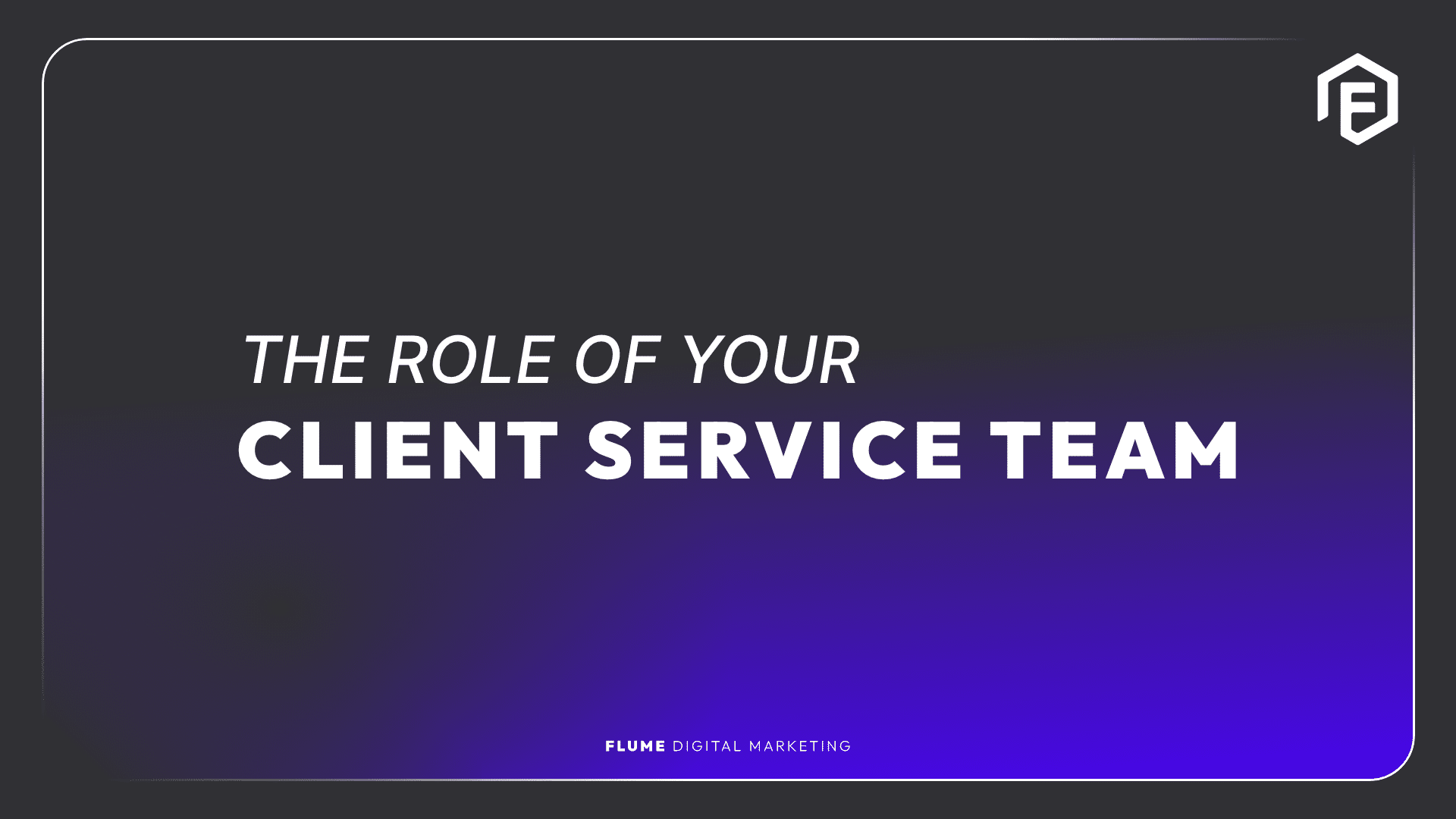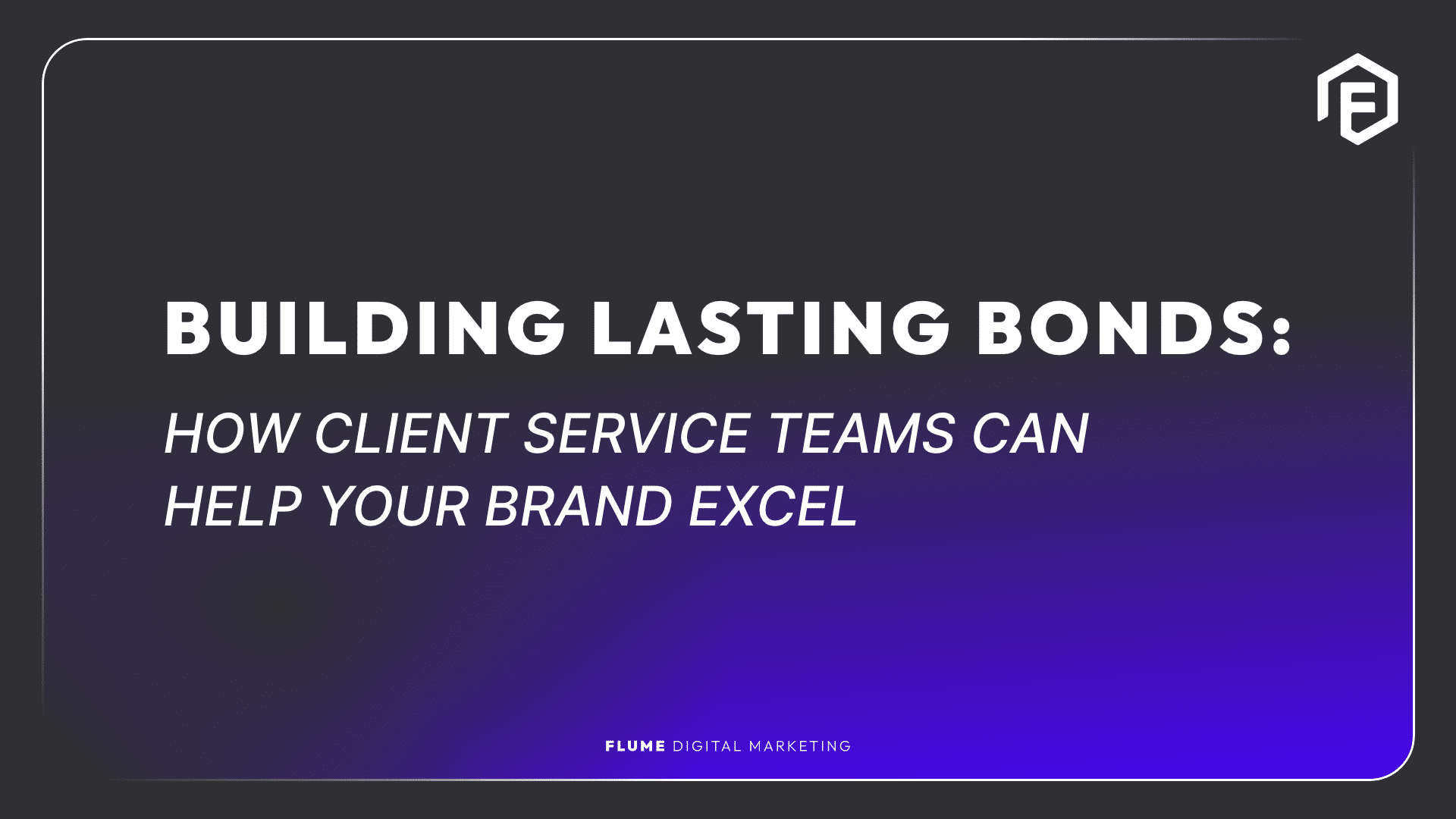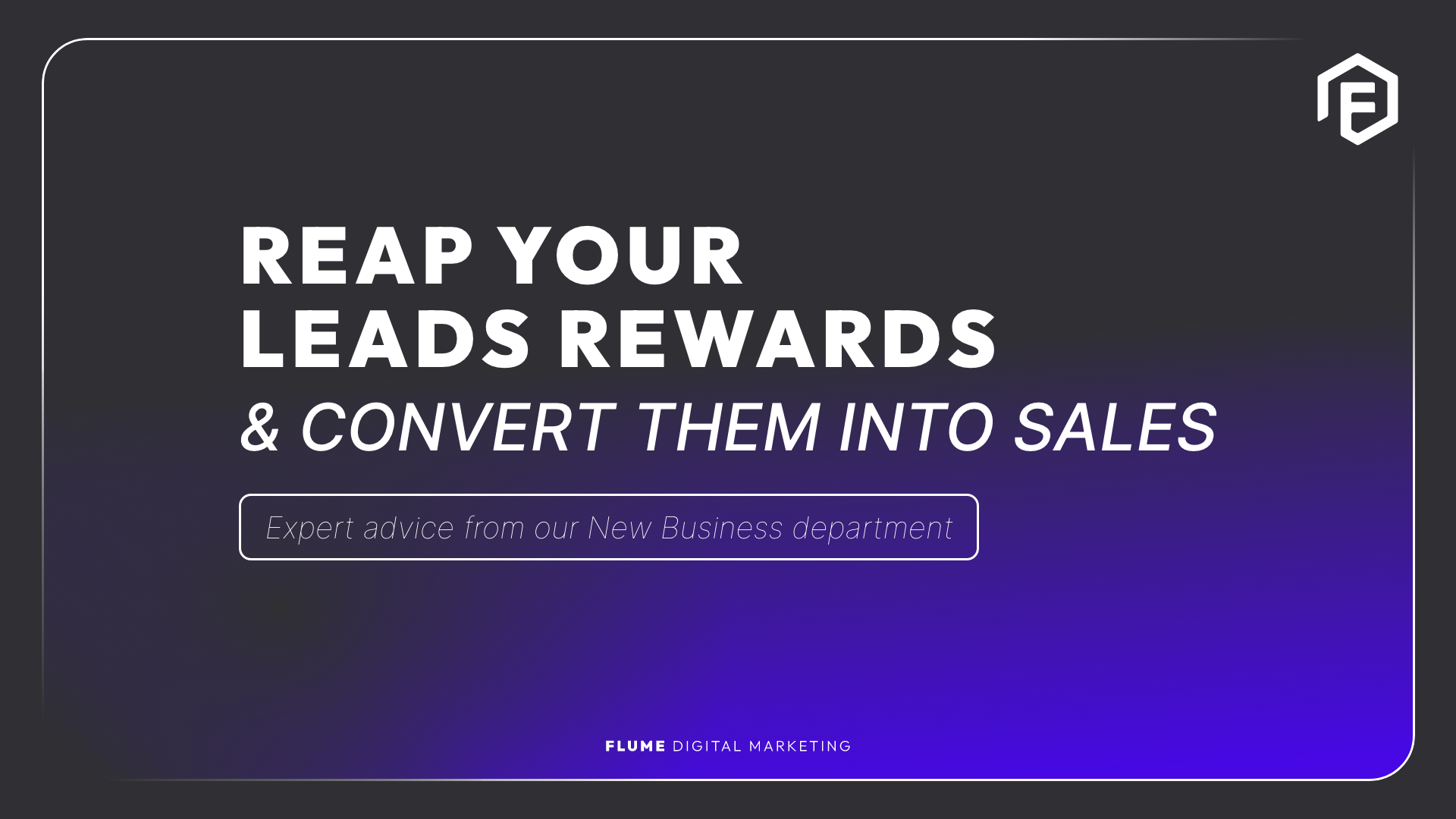From the moment you wake up to the moment you close your eyes, you’re bombarded with messages. You check your phone; messages. You brush your teeth; brand messages. You eat your cereal; brand messages. You’ve been completely doused with brand messages and you haven’t even left the house yet. This is the world we live in, and it’s the world we’re going to continue to live in for the foreseeable future. As online marketing becomes smarter, the ways in which marketers can target potential customers becomes more and more specific. But this comes at the cost of privacy and the right not to receive marketing messages.
The CPA (Consumer Protection Act) and POPI bill (Protection of Personal Information) are interesting topics, particularly in line with how they will affect marketing tactics. I’m going to briefly highlight the main considerations in each, as well as explore what these considerations mean for certain online marketing tactics, which will be of great value for brands within the industry.
The CPA mentions the following, among other consumer rights:
- Consumers have the right to disclosure of information.
- Consumers have the right to privacy.
- Consumers have the right to reasonable T&C’s.
The POPI bill mentions the following, among others:
- Companies are not allowed to contact someone via SMS, email or other digital channel if those contact details weren’t lawfully obtained.
- Legislation provides checks and balances when processing and transferring personal information.
While there are many online marketing mechanics, I will highlight three in particular that will be of value for those within the financial industry.
- Remarketing works on the basis that a cookie is stored in the user’s web browser when visiting the marketer’s website. The general internet user isn’t aware that the website they’re visiting is doing this. In the UK, legislation prevents websites from performing this action without disclosing to users upfront what their cookie policy is. Sounds complex, but all that it means is a pop-up that states what the user can expect from the website and then gives the user an option to opt-in or out.
- Twitter Lead Generation Cards; the Card asks a user if they want to be contacted by the company. The user opts-in, great! However, in order for the user to be contacted, the user’s information needs to be downloaded and transferred to an individual within the organisation to perform fulfilment. This is usually transferred from a marketing agency to a client. How do we navigate this? Create teams within the organisation who can fulfil directly from the Twitter dashboard – that way you’re not downloading and transferring information.
Another concern within this area is Facebook’s targeted ad server. This works by uploading email addresses to Facebook’s ad server, in which case Facebook only serves ads to users with matching email address. Again, the users didn’t opt in to have their information uploaded to Facebook.
- Facebook Like; Most brands have a presence on Facebook through what’s called a ‘Page’. This is where businesses post relevant information to their target audience. In order for users to see the brand’s Page posts in their newsfeed they have to ‘like’ the Page. This then begs the question: does this qualify as an opt-in? Does this give the brand the right to market to users on their Facebook Page? Facebook runs an algorithm for its newsfeed that automatically pushes undeserving posts to the bottom of the user’s newsfeed. Some of this criteria includes the following;
- Is the content genuinely interesting to you or is it trying to game news feed distribution i.e asking for you to like the content
- Would you call this a low quality post or meme?
- Would you complain about seeing this content in your newsfeed?
Even though Facebook is working at stopping brands from over-marketing to users, brands will by nature push product. This means that brands will need to become smarter about the type of content they push through their pages. A like on Facebook doesn’t automatically mean it’s OK to push product.
It’s becoming more and more imperative that marketers disclose policies and information to users. What this means is that individuals running online marketing channels for organisations need to be upskilled and equipped to deal with the ever evolving world of digital so that compliance with the CPA and POPI bill remains top of mind. For example, if users have the right to disclosure of information, then what does that mean for the social media community manager? Does it mean that users can ask for information about a product on a social media page and that the brand has to disclose the information on the page?
At the end of the day it all boils down to permission.
One way of gathering permission is through what is referred to as an ‘opt-in’. There’s a plethora of smart tactics that online marketers can use to gather ‘opt-ins’. The marketers who are smart about this, are the ones that will win.
Although the CPA and POPI bill look scary at first glance, I’m really optimistic about it. I think that it will do away with the riff raff marketers, and upgrade online marketing to a standard that consumers deserve. At the end of the day, be aware of what an opt-in is, and be ready to be transparent in every step.
The more consumers trust you, the more they’ll believe you – which can only strengthen their loyalty to you and your brand.
– Jacques Du Bruyn, MD of Flume
The original article can be found in the April 2015 issue of RISKSA magazine.



